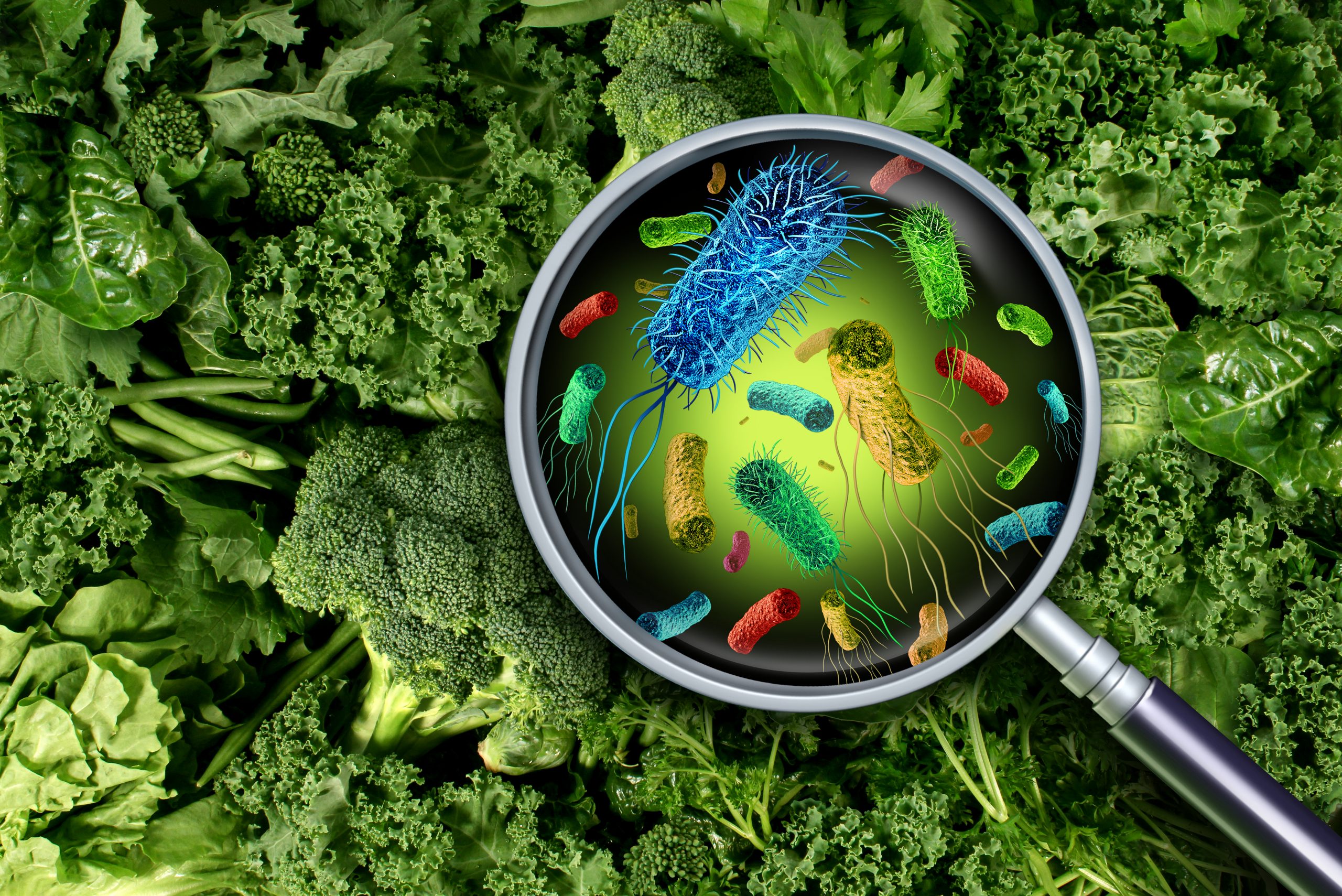
Recalls, Recalls Everywhere
Food recalls have reached staggering levels. Below are a few recent recalls that you may want to visit and check your cupboards and refrigerator.
Along with food recalls is a voluntary recall of mislabeled medication: Voluntary Nationwide Recall of Atenolol 25 mg Tablets and Clopidogrel 75 mg Tablets Due to a Label Mix-up
Food recalls:
More than 60 meat products recalled over listeria threat
USDA recalls 20K pounds of frozen beef products due to undeclared allergens
Check Your Fridge: 25 Brands of Cheese Were Just Recalled Due to Listeria Concerns
Listeria Outbreak Linked to Ice Cream
Michigan consumers warned of produce contaminated with human waste Crops sprayed with untreated raw sewage
CDC says outbreak linked to Wendy’s sandwiches is over with more than 100 sick cause of this outbreak was e coli contaminated romaine lettuce
FDA reveals cantaloupe was behind outbreak of Salmonella Typhimurium infections
Listeria, Salmonella and E-coli food recalls
Listeria contamination seems to be a leading cause of recalls. What is Listeria? Listeria monocytogenes is a bacteria that causes listeriosis. According to the CDC: Listeriosis is a serious infection usually caused by eating food contaminated with the bacterium Listeria monocytogenes. An estimated 1,600 people get listeriosis each year, and about 260 die. The infection is most likely to sicken pregnant women and their newborns, adults aged 65 or older, and people with weakened immune systems. Most people who are not in the at-risk group have mild symptoms and rarely get sick.
Invasive illness symptoms
Symptoms of invasive illness usually start within 2 weeks after eating food contaminated with Listeria.
Invasive means bacteria have spread beyond the intestines (gut). Invasive listeriosis happens when Listeria have spread beyond the intestines.
Pregnant women sometimes have no symptoms; however infection can result in miscarriage and stillbirth or life threatening infection of newborn
Fever (Pregnant and other at-risk groups)
Flu like symptoms and muscle aches (Pregnant and other at-risk groups)
Other at-risk groups not pregnant:
- Stiff neck
- Loss of balance
- Confusion
- Headache
Intestinal illness symptoms
Listeria can also cause an intestinal illness. This kind of illness is rarely diagnosed because laboratories do not regularly test patient stool (poop) samples for Listeria.
Symptoms of intestinal illness usually start within 24 hours after eating food contaminated with Listeria and usually last 1–3 days. Symptoms are usually mild; however, some do progress to invasive illness.
- Vomiting
- Diarrhea
Treatment
Most cases of listeria are self-limiting. If progresses to invasive illness, IV antibiotics are sometimes used. Ciprofloxacin, found in the Jase case is sometimes indicated.
Keep Listeria Out of Your Kitchen Along with thoroughly scrubbing vegetables under running water and making a sanitizer to use on all surfaces that may or have come in contact with food with 1 teaspoon unscented bleach to a quart of water, apply and let set for 10 minutes then wipe; there are several excellent recommendations on this FDA website.
Salmonella
Another recall was salmonella contamination
Salmonella bacteria cause about 1.35 million infections, 26,500 hospitalizations, and 420 deaths in the United States every year. Food is the source for most of these illnesses. At risk populations include: children younger than 5, older adults, and people with immune systems weakened from a medical condition, such as diabetes, liver or kidney disease, and cancer or its treatment. almonella can be found in many foods, including sprouts and other vegetables, eggs, chicken, pork, fruits, and even processed foods. Contaminated foods usually look and smell normal.
Symptoms of salmonella infection include:
Symptoms usually begin 6 hours to 6 days after infection and last 4 to 7 days.
- Diarrhea
- Fever
- Stomach cramps
Salmonella can be spread from food to people, people to people and animal to people.
Treatment
Most people recover within four to seven days without treatment and should not take antibiotics. Antibiotics are typically used only to treat people who have severe illness or who are in the at risk group with severe symptoms. If an antibiotic is indicated, ciprofloxacin and azithromycin are prescribed, which both are found in the Jase case.
It is estimated that for every positive laboratory test there are 30 cases undiagnosed.
Some people’s illness may be so severe that they need to be hospitalized.
Escherichia coli (abbreviated as E. coli)
Another recall was e coli contamination
Escherichia coli (abbreviated as E. coli) are bacteria found in the environment, foods, and intestines of people and animals. E. coli are a large and diverse group of bacteria. Although most strains of E. coli are harmless, others can make you sick. Some kinds of E. coli can cause diarrhea, while others cause urinary tract infections, respiratory illness and pneumonia, and other illnesses.
Escherichia coli (E. coli) bacteria normally live in the intestines of people and animals. Most E. coli are harmless and are an important part of a healthy human intestinal tract. However, some E. coli are pathogenic, meaning they can cause illness, either diarrhea or illness outside of the intestinal tract. The types of E. coli that can cause diarrhea can be transmitted through contaminated water or food, or through contact with animals or persons.
Some kinds of E. coli cause disease by making a toxin called Shiga toxin. The bacteria that make these toxins are called “Shiga toxin-producing” E. coli, or STEC for short. Some types of STEC frequently cause severe disease, including bloody diarrhea and hemolytic uremic syndrome (HUS), which is a type of kidney failure.
Treatment
Most people recover without treatment within 5-10 days. If e coli affects the kidneys or causes a urinary tract infection ciprofloxacin (found in the Jase case) is an effective antibiotic.
- Brooke Lounsbury
Medical Content Writer
On the horizon health news
Flu season is just around the corner- are you prepared?
This is the time to stock up on all the essential medicines, drinks, Kleenex, thermometers and other items you may need to be ahead of the curve. Take stock of your medicine cabinet.
Do you have:
- Age-appropriate analgesic, antipyretic, decongestant, expectorant?
- Humidifier?
- Neti pot and salt pipe? Neti pots can help alleviate stuffy noses and reduce viral load in the nasal cavity. Salt pipes have been popular for centuries and help calm and soothe bronchus and asthma attacks, as well as an effective antibacterial and anti-inflammatory.
- Raw organic honey– Honey has been proven to be as effective as dextromethorphan as a cough suppressant
- Elderberry syrup Helps fight and reduce symptoms of influenza virus
- Cough drops- Elderberry and zinc cough drops help fight influenza and other viruses
- Extra paper cups and straws- reduce incidence of cross contamination
- Colloidal silver for gargling Influenza virus is found on the soft palate of the mouth. Gargling with colloidal silver has proven to reduce influenza and other viruses and bacteria
Prep tip- what have you done to prepare this week?
Pick out one project that will bring you closer to medical readiness and do it this week. If it is a large project, break it into phases and tackle it. Every day and effort you put into your personal health preparedness brings you closer to navigating a failing healthcare system.
“Setting goals is the first step in turning the invisible into the visible.” — Tony Robbins
Lifesaving Medications
Recent Posts
Keeping you informed and safe.
FAQ: Our most commonly asked questions about Jase
If you’re considering Jase, chances are you’ve paused and thought, “This makes sense, but I still have a few questions.”You’re not alone. Here are the most common ones we hear, answered plainly. Is this really doctor-prescribed? Yes. Every Jase order is reviewed by a...
Medical Readiness: What Really Kills First
When Disaster Strikes, It’s Not Hunger or Thirst That Takes the First Lives In every disaster zone, from hurricanes in the Caribbean to war zones in Ukraine, the pattern is the same. People worry about food and water, but it’s infection that kills first. A small wound...
Exploring Dr. William Makis’ Hybrid Orthomolecular Cancer Protocol: Focus on Ivermectin and Mebendazole/Fenbendazole
Exploring Dr. William Makis’ Hybrid Orthomolecular Cancer Protocol: Focus on Ivermectin and Mebendazole/Fenbendazole *Disclaimer: This article is for educational purposes and does not constitute medical advice. Always seek professional guidance.* In the evolving...






